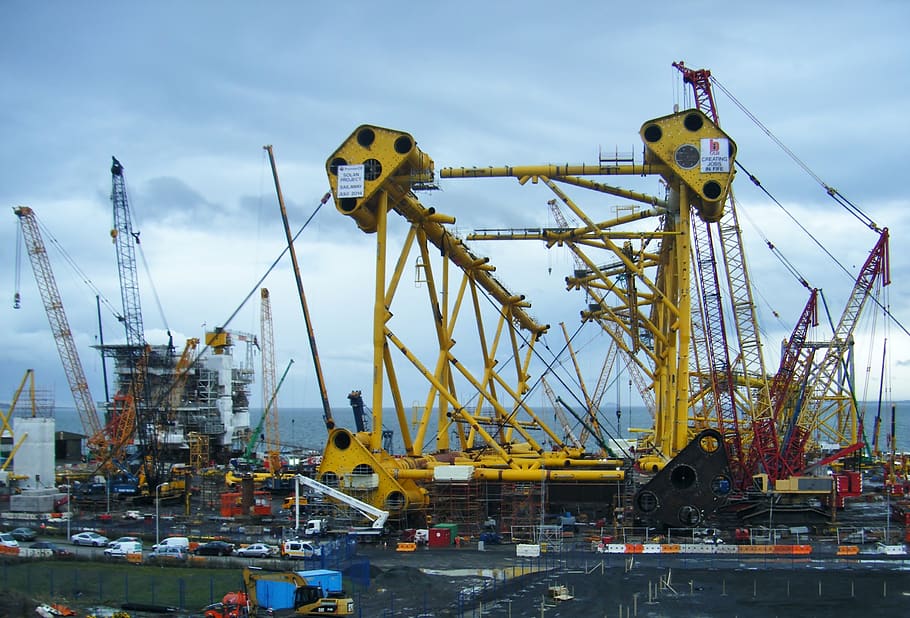
While British shipyards have played a leading role in the construction of three logistics ships which support the Royal Navy’s new aircraft carrier Queen Elizabeth, in what is likely to be a cost cutting measure, Britain’s Ministry of Defense said it expects to outsource some of the shipbuilding work to overseas yards.
However, with the the Ministry of Defence saying, bids for the $2 billion (£1.5 billion) program will be led by British shipyards with “a significant portion of the build and assembly work to be carried out in the UK”, it remains to be seen what percentage of work is contracted to British yards.
In a statement the MoD said, the scheme would reflect the arrangements it had made for British industrial involvement when it purchased the Ajax armored vehicles from General Dynamics.
“We are treating it almost like we do with Ajax, with the vehicles hulls built in Spain and where all the technical and wider fitting out is done in Wales, so it’s a broadly similar objective. You could have one part of it, not necessarily the hulls, built elsewhere but the main workshare coming to a British shipyard,” said one official from the MoD.
“It’s about keeping the costs down. We are trying to encourage work into British yards but keeping an eye on the overall budget”.
This however is unlikely to satisfy the unions, which have been demanding that building these ships, known as Fleet Solid Support vessels, should be a wholly British affair in order to retain local jobs and skills.
While shipbuilding union GMB welcomed the MoD’s announcement it called for an cast iron guarantees that all ships will be built and assembled in local yards.
“Important questions remain to be answered. It is unclear whether ministers will require all shipbuilding work on the contracts to be done in the UK, instead of going overseas,” said Ross Murdoch, GMB’s national maritime officer.
Commitments to build the ships domestically is likely to come after lengthy negotiatios between the unions, politicians and the MoD over who the parties who can compete for the contract.
While the MoD had taken the position that since these were only support vessels and not warships, they would come under the purview of European Union rules which call for international tenders. A few ridiculed the argument saying contracts should be limited to British shipyards only.
Incidentally, in late 2019, the British government abandoned international bidding of tenders citing lack of value-for-money in the bids.
Earlier this year the MoD started marketplace discussions with potential contenders for the work. The change in strategy was seen when Defence Secretary Ben Wallace called the Fleet Solid Support vessels as “warships” during a speech. The awarding of contract is expected to be underway in the spring of 2021.
Earlier this year, a British-led team involving naval designers BMT, Harland & Wolffe, and the Spanish yard Navantia declared its interest in bidding for these contracts.
Currently two major warship programs are underway in two domestic yards.
While Babcock has been contracted to build the first of the five T-31 general-purpose frigates at its Rosyth yard in Scotland, BAE is building the first three of an of an expected eight Type 26 anti-submarine frigates at its shipyards in Glasgow, Scotland. According to an industry source, foreign shipyards including those from South Korea, Japan, and Italy, have expressed interest in building the new logistics-vessels. None of them are known to have a British partner.




